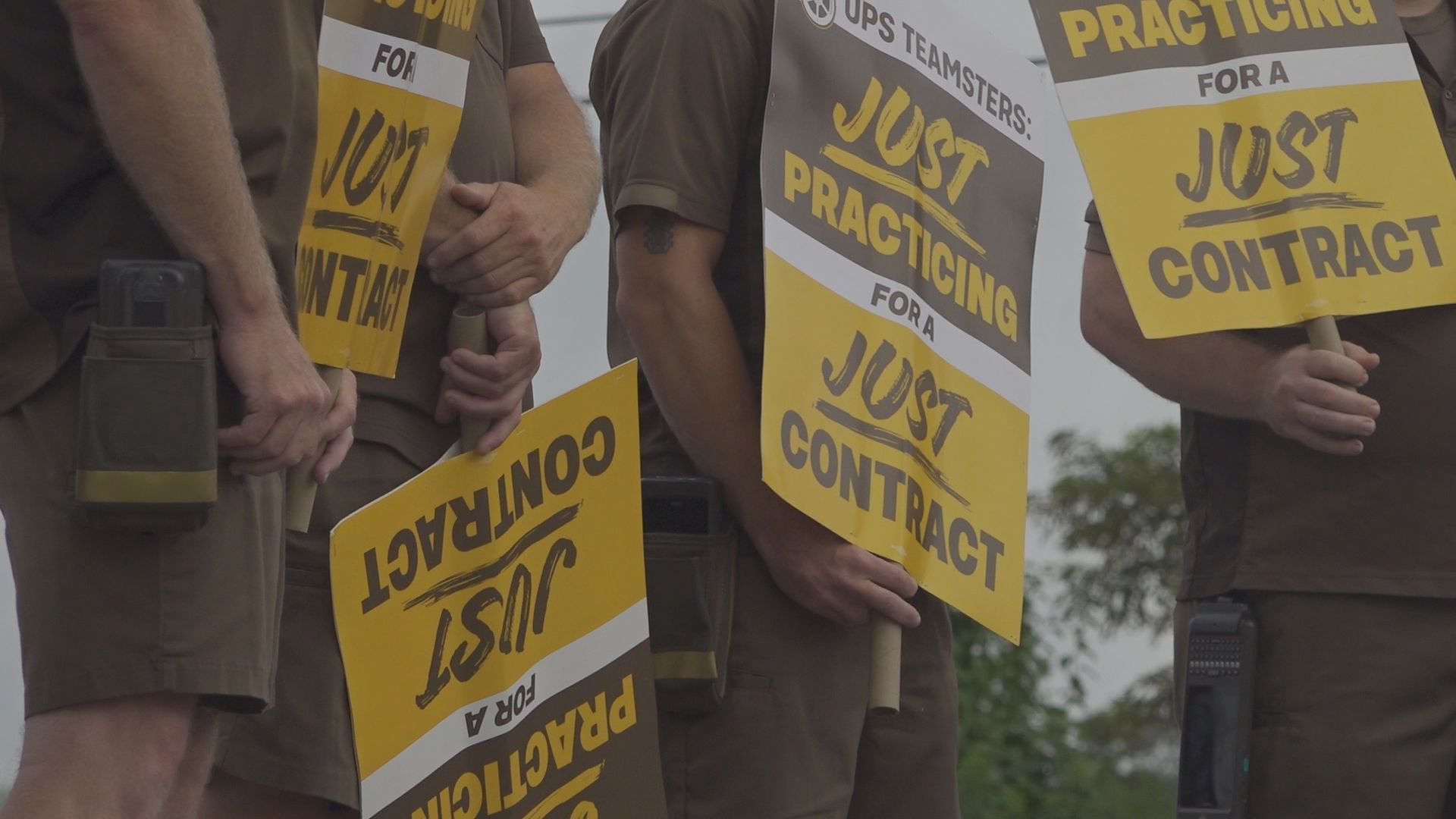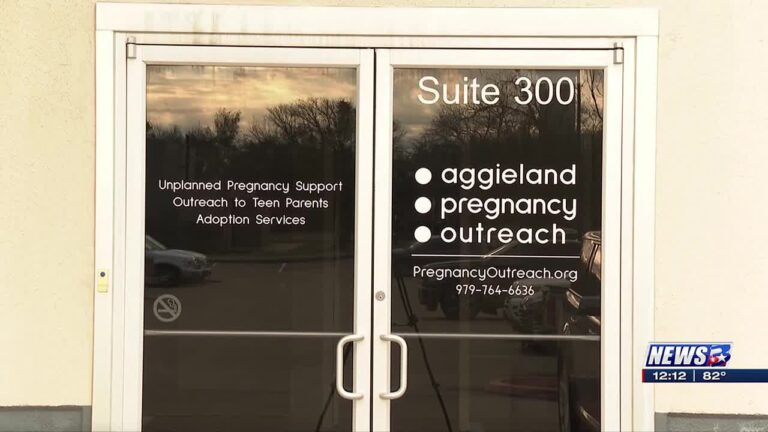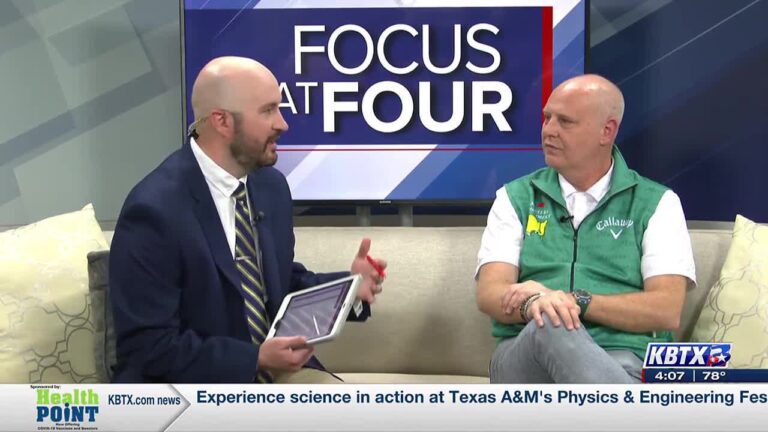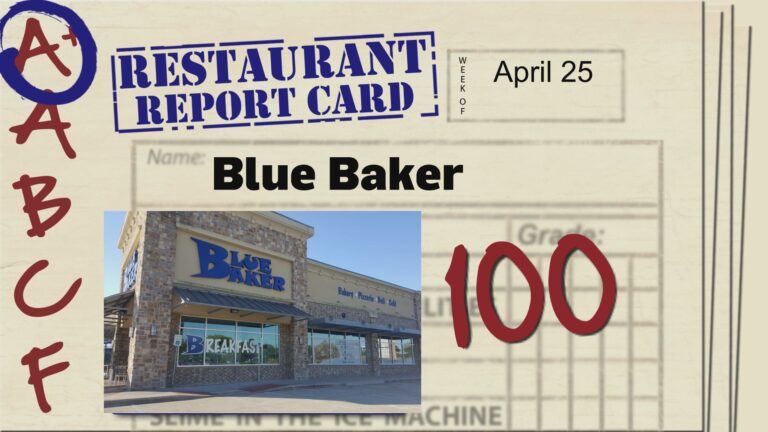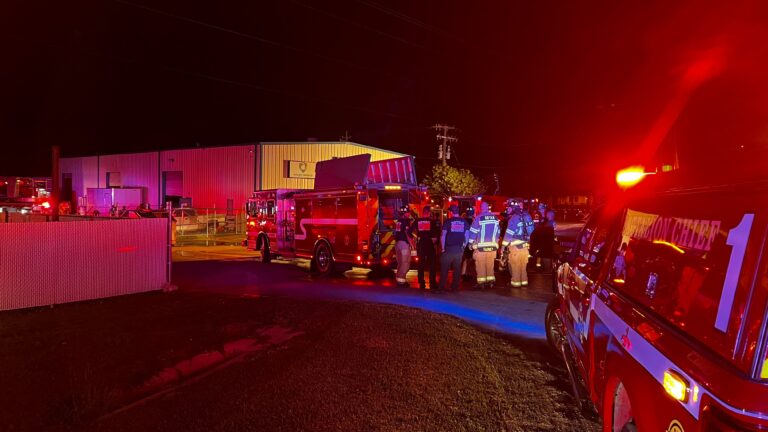Focus at Four: Impact of possible UPS strike
BRYAN, Texas (KBTX) – The Teamsters said Wednesday they will resume contract negotiations with UPS next week, marking an end to a stalemate that began two weeks ago when both sides walked away from talks.
The union credited the picketing and rallies it’s been holding across the country for getting the delivery company back to the negotiating table before the current contract expires on July 31.
“There are about 340,000 Teamsters employed by UPS and that’s about 70% of the UPS workforce,” said Cliff Defee a supply chain professor at the Texas Christian University Neeley School of Business.
Before contract talks broke down, both sides had reached tentative agreements on several issues, including installing air conditioning in more trucks and getting rid of a two-tier wage system for drivers who work weekends and earn less money.
A sticking point in negotiations has been wage increases for part-time workers, who make a minimum of $16.20 an hour.
How a UPS strike could impact consumers and the U.S. economy:
Consumers can expect a majority of UPS shipments to be delayed or lost.UPS will experience an immediate loss of revenue during the strike (about $170 million per day) and possible loss of business longer-term from upset shippers.The shift of large numbers of shipments to other carriers (FedEx & USPS) will overwhelm those carriers’ networks increasing the risk of service failures.A walkout lasting 10 days would cost the economy $7.1 billion in lost wages and production.
If no deal is reached before the July 31 deadline, workers say they’re prepared to walk off the job Aug. 1.
“I would expect that a portion of the UPS package volume gets picked up by FedEx, The U.S. Postal Service or regional carriers, but that’s maybe 40% or 50% of the volume,” said Defee.
UPS has said they are training their managers and non-union employees to continue delivering packages.
Sean O’Brien, the head of the Teamsters, said during a webcast with union members that he has asked the White House on numerous occasions not to intervene if workers end up going on strike.
“I think the White House is going to keep a hand in the negotiations to try and get both sides together,” said Defee. ” I don’t think that the union’s plea, for The White House to avoid having anything involved is going to have much to do with that.”
You can watch our full interview from First News at Four in the video player above.

